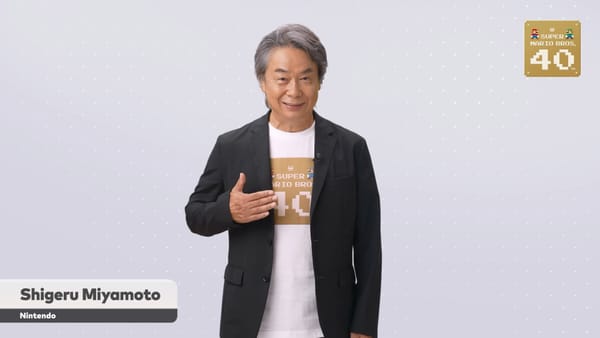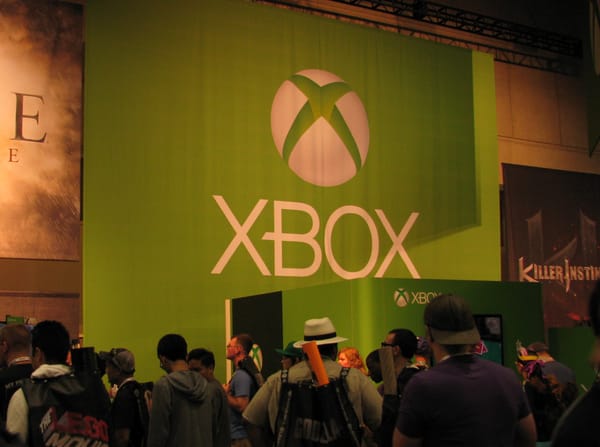Unfinished business
I've abandoned plenty of games, but I always had lingering regrets about dropping Oblivion.
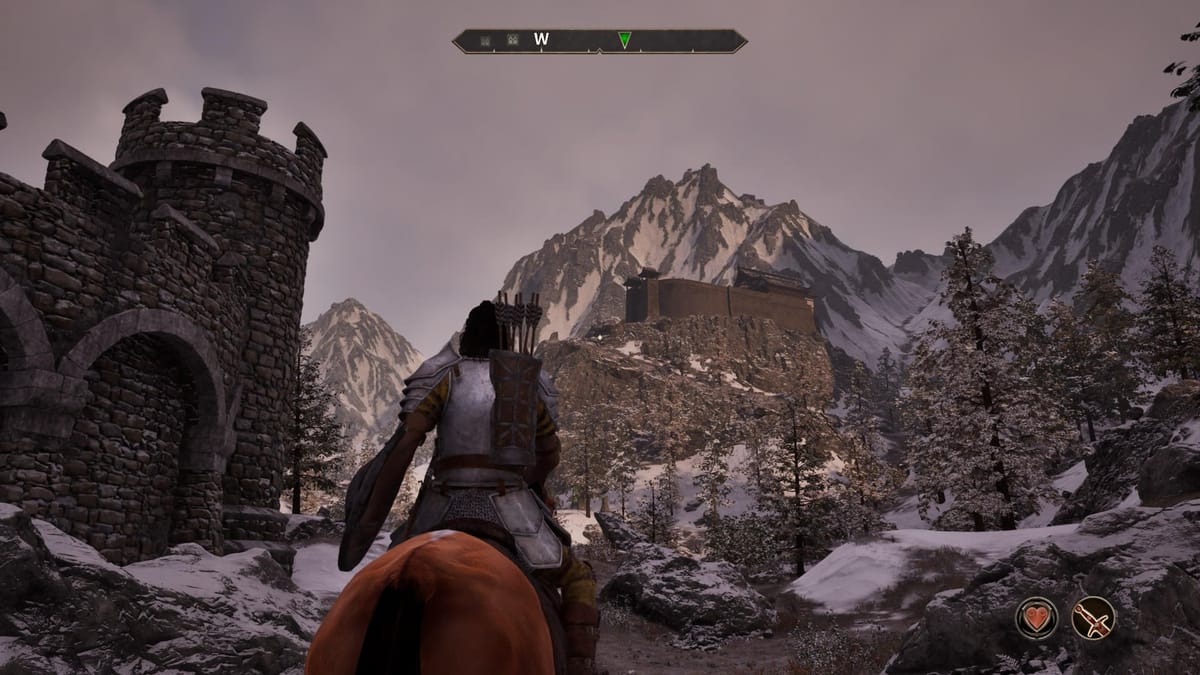
I thought I had unfinished business with Oblivion.
The fourth game in the Elder Scrolls series of RPGs, Oblivion was a standout title when it was released in March 2006 because it was really pretty.
Okay, I know that sells Oblivion short, but it’s true! It was one of the first Xbox 360 titles, and the Xbox 360 was the first console of the HDTV age. Early screenshots of Oblivion defied belief. Lush landscapes of green forests with trees (so many trees), knights in very shiny armor, all of it bathed in bright bloom lighting. It felt like a glimpse of the future, and that was enough to sell the game to players with little experience of Western RPGs like me.
Oblivion is the sort of game that you’re meant to play for hundreds of hours. But I abandoned it after 15 hours or so. I just wasn’t finding it fun in the same way that others — critics and friends alike — were. So I stopped playing it.
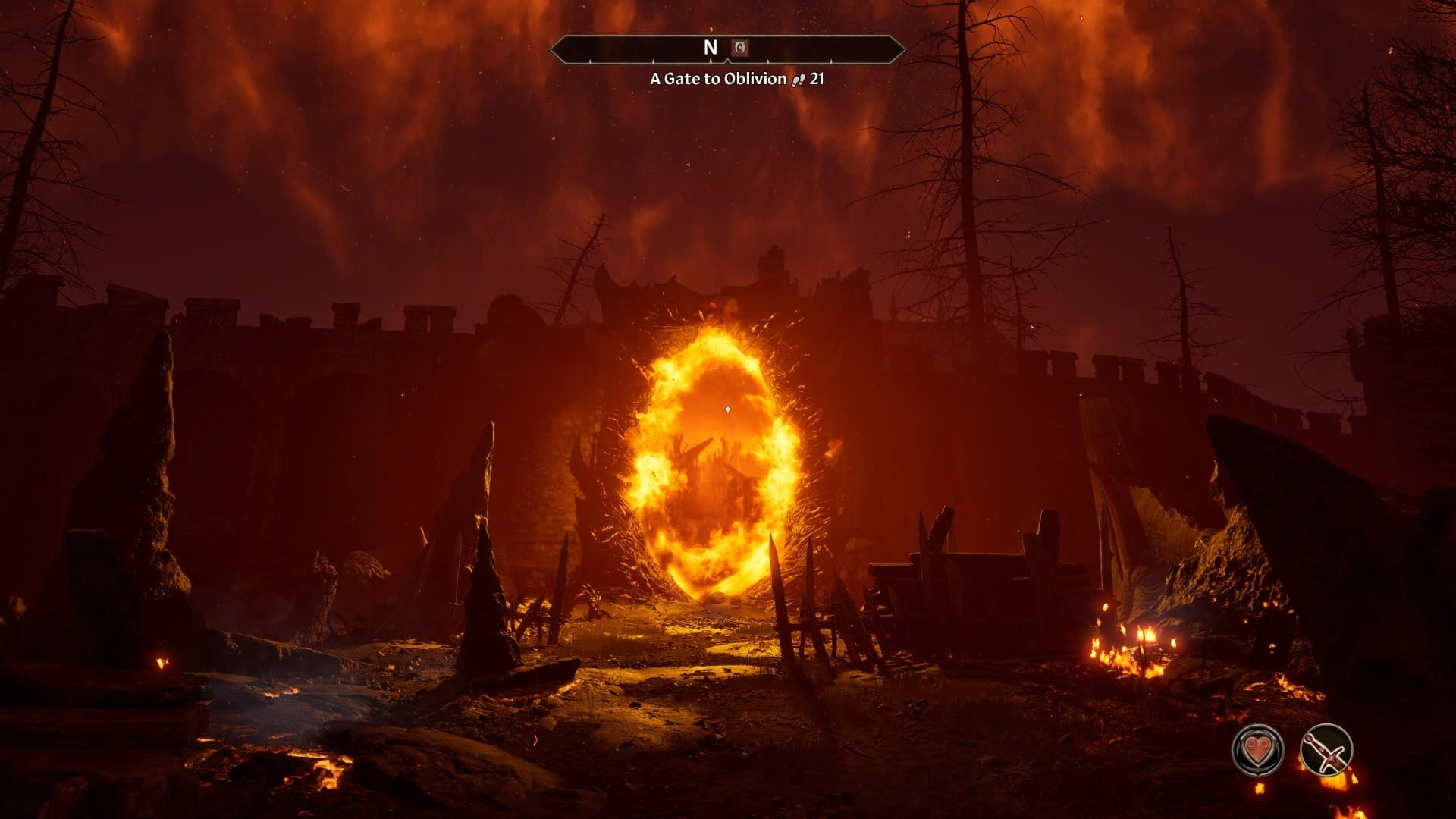
I abandon a lot of games, something which seems frowned upon nowadays. There is no shortage of services to track your gaming backlog, and some even display a percentage of games completed to shame you into finishing them. (One even has a leaderboard to compare you with your friends!)
The dark truth is that I think my tendency to leave games unfinished comes from growing up in a city with rampant game piracy. A pirated copy of a SNES game (on floppy disk) or PlayStation game (on CD or DVD) cost less than US$2.50. In an era before the internet, before demos, before streamers, the best way to judge a game out here was to buy a pirated copy and play it. It meant wading through a lot of bad games, but they cost so little that there was no guilt attached to just tossing them aside.
Now, of course, I do not buy pirated games anymore, and haven't for decades. But my old habits still persist. And as I’ve found myself with less money to spend, I do start to wonder if I’m being wasteful.
On the other hand, games can require much greater time commitment than other forms of media. There is only so much time in a day and so many great games to play. Why continue to spend valuable time with something you’re not enjoying?
Oblivion was a prime example of that. It’s an open world game — with an emphasis on open. After a short introduction, you’re dropped into a massive world and mostly left to your own devices. Oh sure, it tells you where the next story mission is, but it’s far away and there’s no urgency to get there. On the way are hundreds of landmarks: castles, ruins, mines and bandit camps.
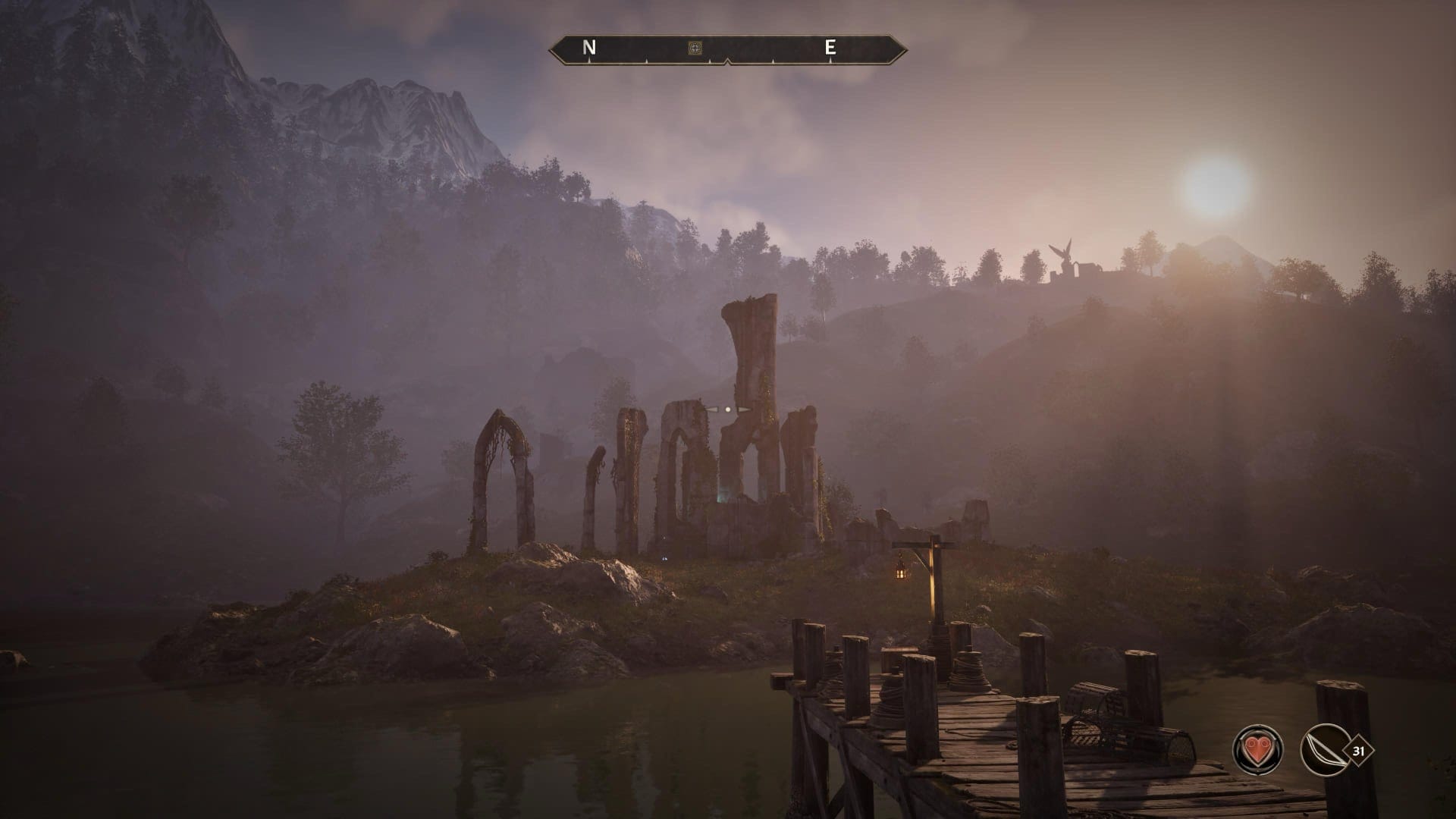
Oblivion gives you the freedom to play the game the way you want to. Want to be a mage? An elven thief? A lizard assassin? Go nuts. The whole point of Oblivion providing hundreds of landmarks and side quests is for you to pick the ones you want and skip the ones you don’t; to choose the ones that support that way you’ve chosen to play the game. It’s not a set meal, it’s a buffet.
But I’m a console gamer, and back then, we weren’t really used to that sort of freedom. If 2006 Ravi sees hundreds of landmarks, 2006 Ravi is going to explore every single one of them as soon as possible, because that’s what I thought I was supposed to do.
And so, by the time I got to any of the story missions, I was exhausted. I’d spent hours searching relatively similar, nondescript ruins for minimal reward. Basically, I was the kid who ate too many free bread rolls before the real food arrived. I was done, I was full up, I couldn’t go on.
I wasn’t having fun with Oblivion, but that's not the only reason I've abandoned games. I loved Star Wars: Squadrons, a modern spin on previous Star Wars starfighter games like X-Wing and Rogue Squadron. I can’t remember why I stopped playing it. Maybe something bigger came out? Maybe I got busy at work? Maybe I went on vacation? Whatever the reason, I stopped playing it. And there's a weird inertia stopping me from picking it up again; the longer it’s been since I last played, the less likely I am to want to continue where I left off.
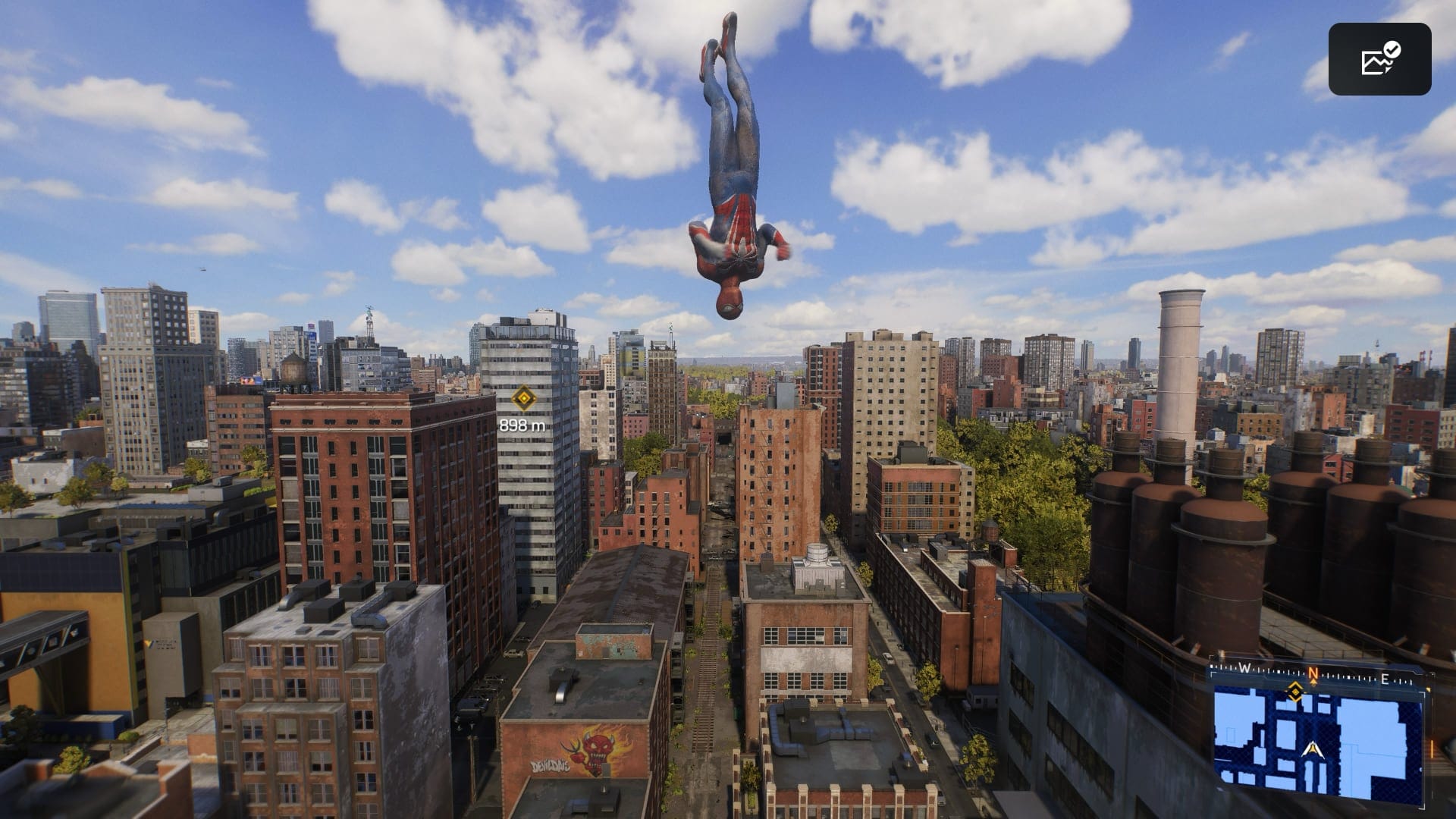
Other times, a game can feel too daunting to start. I loved Sony’s Spider-Man series, but I’ve barely played Spider-Man 2. It is such a huge game that I feel like I need to clear out a whole chunk of time to really get into it; it doesn’t feel like the sort of game that I can dip in and out of. So I’ll tell myself that I’m going to hold off on Spider-Man 2 until I have a few weeks free to devote to this, and I’ll play something that seems smaller and simpler. And I’ll unintentionally end up spending weeks I didn’t realize I had on that other game instead.
The thing is, I’m also well aware that some games need you to invest some time into them before they come good. Titanfall 2’s opening missions show little of the invention and creativity that makes it so special. One of my favorite games ever, Star Wars: Knights of the Old Republic, takes a full ten hours to really get going. Some games just need you to invest more time before they come good. And sometimes it isn’t about the game, it’s about you: I hated turn-based RPGs when I was younger, but I’ve become a real fan of the genre. Two of my top three games from last year were turn-based RPGs!
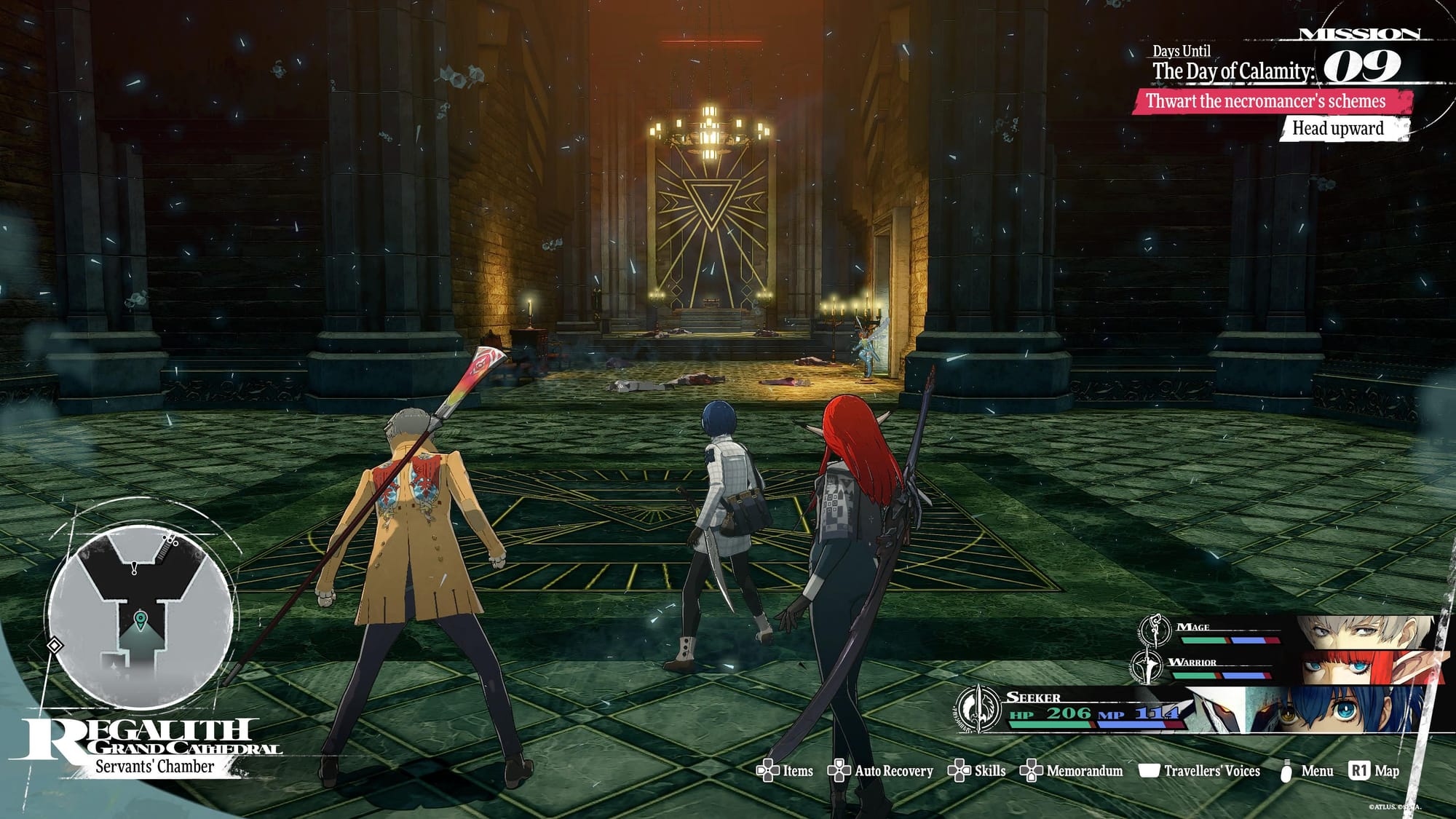
That’s why I was excited when Oblivion Remastered came out last month, because it felt like a second chance. Here's the game I didn't finish, but with a fresh coat of paint and tweaks to bring it up to modern standards. And I’m older, I’m wiser. I know what to expect now, and I enjoyed the sequel, Skyrim. I thought I was ready to get back to Oblivion, ready to finally scratch that itch.
I bought Oblivion Remastered, tossed other games to the side and sank a good dozen or so hours into it. And with that, I can confidently say...
I don’t like it.
Oblivion’s lush, idyllic forests look as beautiful as ever. But they remain so pretty and peaceful that it’s hard to feel any real sense of tension or urgency. I wander through the game not feeling like a hero, but a tourist; not on a mission to save the world but merely to see the sights. The wide-open nature of the game is why it has so many fans — but it is that same freedom that leaves me feeling lost and aimless.
Ah well. I’m going to abandon Oblivion again. But this time I have no regrets.



